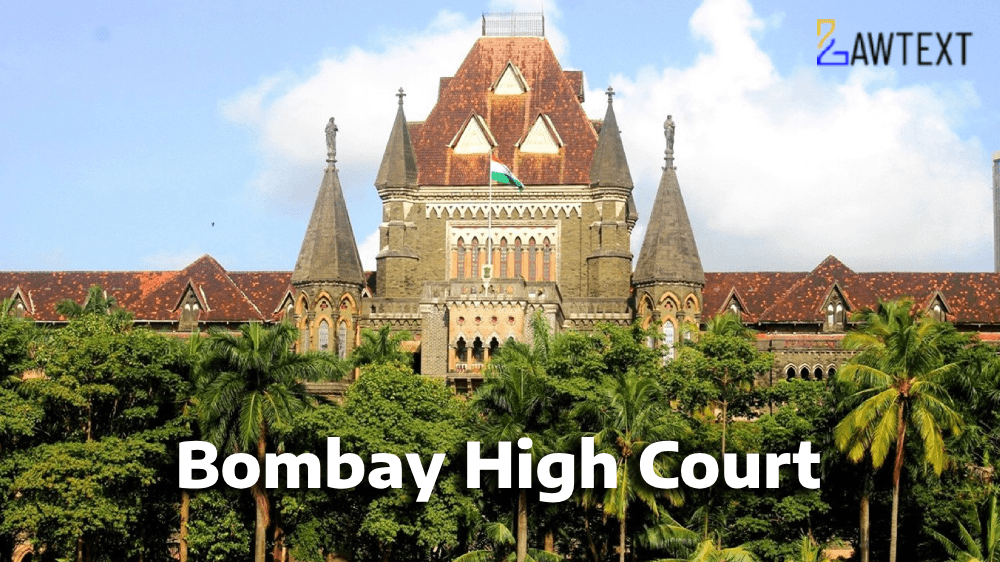Court Dismisses Wife's Appeal Against Ex-Parte Divorce Decree. Appeal Rendered Infructuous Due to Husband's Lawful Remarriage Following Divorce Decree

CASE NOTE & SUMMARY
A second appeal filed by the appellant/wife against the decision of the learned District Judge-10, Aurangabad, who refused to condone a 166-day delay in challenging a divorce decree. The appellant argued that the delay was due to her advocate not informing her about the decree in time. The respondent/husband remarried after the decree, and the court ultimately held that the remarriage rendered the appeal infructuous, affirming the lower court's decision.
1. Introduction
- Consent of Counsel: Case heard finally at admission stage by consent of counsel for both parties.
- Nature of Appeal: Second appeal by appellant/wife against District Judge-10, Aurangabad's order denying delay condonation.
2. Background Facts
- Marriage and Dispute: Appellant and respondent married on 02/04/2013, one daughter from wedlock, dispute led to Hindu Marriage Petition No. 3 of 2016 by respondent for divorce.
- Trial Court Decree: Divorce decree passed ex-parte on 29/08/2019 by the 12th Joint Civil Judge (Senior Division), Aurangabad.
- First Appeal and Delay: Appellant's application for condonation of 166-day delay rejected on 15/09/2021 by the first appellate court.
3. Appellant's Arguments
- Error in Judgment: First appellate court erred by not condoning the delay.
- Advocate's Negligence: Delay due to advocate not informing appellant about the decree.
- Principle of Natural Justice: Denial of condonation violated natural justice as the decree was ex-parte.
4. Respondent's Arguments
- Support for Lower Court's Decision: Supported impugned judgment and decree of divorce.
- Remarriage: Respondent remarried on 01/10/2019, now has a son.
- Infructuous Appeal: Citing remarriage, argued appeal was infructuous.
5. Court's Observations
- Appellant's Awareness: Appellant was aware of respondent's remarriage during delay condonation proceedings.
- First Appellate Court's Reasoning: Refusal based on appellant's status as a responsible government officer and negligence in prosecuting the divorce petition.
6. Legal Precedents and Analysis
- Section 15 of Hindu Marriage Act: Allows remarriage after a divorce decree unless an appeal is filed within the limitation period.
- Delhi High Court's Judgment in Seema Devi vs. Shree Ranjit Kumar Bhagat: Ex-parte decree of divorce holds the same effect as a contested one; remarriage lawful if no appeal within limitation.
- Supreme Court's Observations: Marriages contracted during prescribed periods are not void unless expressly stated by law.
7. Conclusion
- Substantial Question of Law: Whether the appeal became infructuous due to the remarriage of the husband.
- Answer: Affirmative. The appeal is dismissed as it became infructuous due to the respondent's lawful remarriage.
ISSUE OF CONSIDERATION
Sow. Sharda Sharad Sahane VERSUS Sharad Uttamrao Sahane
Citation: 2024 LawText (BOM) (7) 202
Case Number: SECOND APPEAL NO.481 OF 2021 WITH CIVIL APPLICATION NO.11989 OF 2021
Date of Decision: 2024-07-20
Case Title: Sow. Sharda Sharad Sahane VERSUS Sharad Uttamrao Sahane
Before Judge: SANDIPKUMAR C. MORE, J.
Advocate(s): Mr. Mahesh L. Muthal, Advocate for the Appellant Mr. Sanjay D. Hiwrekar, Advocate for the Respondent
Appellant: Sow. Sharda Sharad Sahane
Respondent: Sharad Uttamrao Sahane

